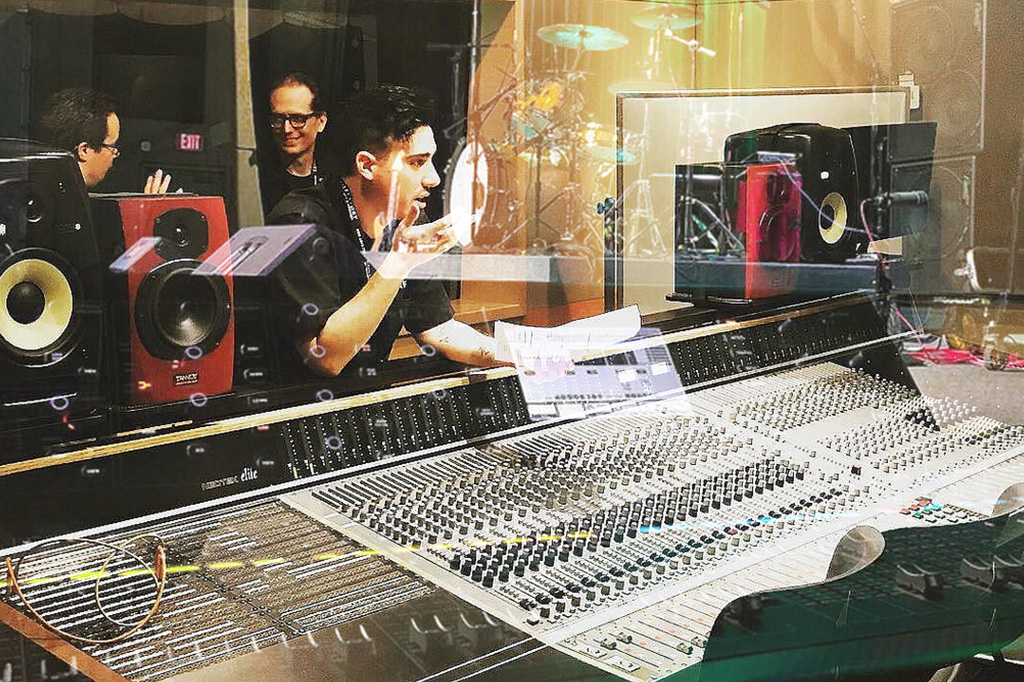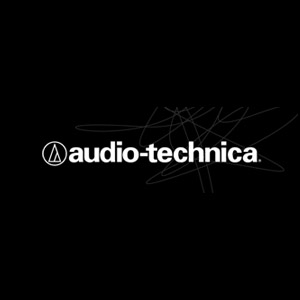Why You Will Love Being a Music Producer

Have you ever watched a silent movie? The absence of sound in the movie brings lack of emotion and leaves one with a sense of wanting more. But thanks to music producers this has forever changed. Their job has brought music to cinema, giving the film’s audience a deeper connection to what they are viewing. And music producers do not just work in film, they are instrumental in video games, music, broadcasting and live sound production, such as theater and concerts. But what do music producers do exactly? Music producers wear many different hats and play many different roles when it comes to their job.
Cameell Hanna, who has been a studio manager with clients like Adele and Justin Timberlake, best defines the work of a music producer when he stated “Today’s music producer is handling every role that we had 5 different guys handling 10 years ago. They are engineering and mixing as they are writing the songs. They are playing the instruments, choosing the co-writers, supplying the studios and even balance the finances of project. Many of today’s producers have even absorbed the A&R roles that historically fell on the shoulders of the record label. He’s finding the artists, spending the development time nurturing them and then bringing them into the label on a silver platter.”
Though many have a dream of working in music as a profession the thought can be terrifying. Music producing seems like a pipe dream for most and if one is lucky enough to become a music producer it seems as though it would not be a lucrative career path. But this is not the case. On average music producers can make a median salary of $48,330 annually. A typical salary for a senior music producer is $87,970. Aside from the money, music production is a career that is constantly changing with the times, so one will never be afraid that their job will be outdated.
How to Become an Audio Engineer
To become a music producer one has to go to school for it, either physically at a campus or online. But as online programs are coming out of the woodwork for a degree or certificate in music production many may be compelled to go this route. But there are clear disadvantages of going to school for music producing through an online venue compared to a school that you physically are a part of. Below is a list on how online campuses are not equal in experience to on campus music production schools like ours.

























